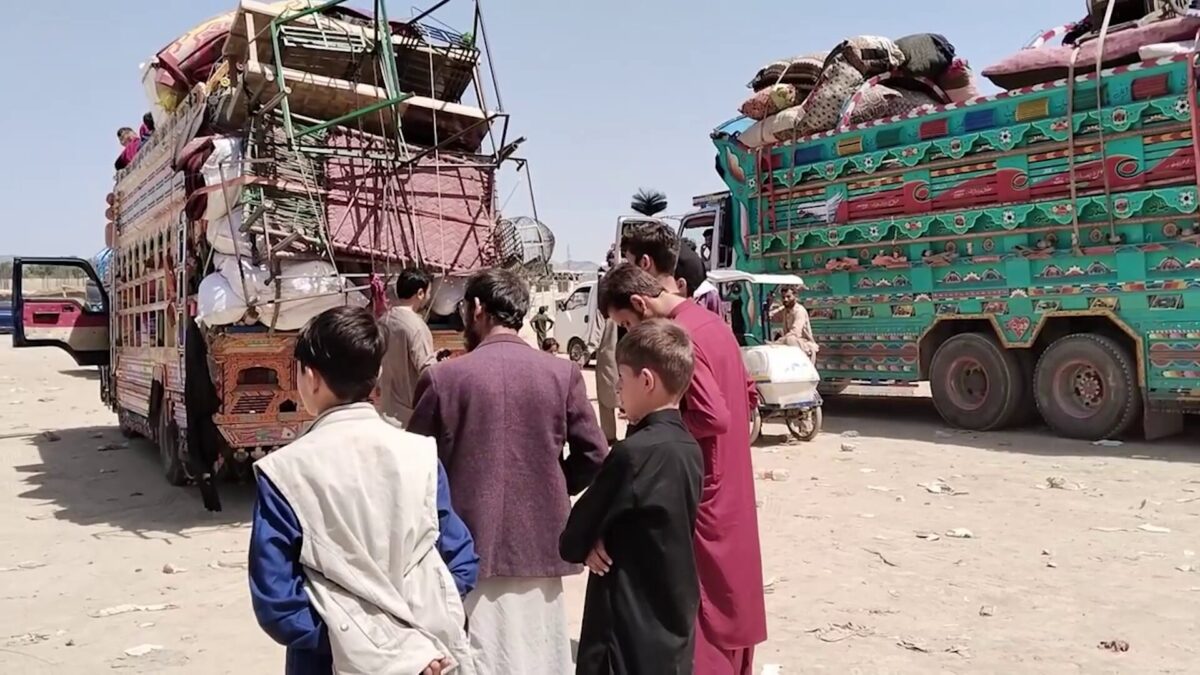TORKHAM, Afghanistan — As Pakistan continues its mass deportation of undocumented migrants, many returnees say they are deeply concerned about the future of their children under Taliban rule.
Several families recently expelled from Pakistan said they fear their children, particularly girls, will be denied access to education and face a life of hardship in a country where jobs are scarce and the economy remains fragile.
“The problem is we are going back home, but there is no work — we don’t know how we will survive,” said Abdul Wahid, one of the deported migrants, speaking after arriving in eastern Afghanistan. “This is what worries us.”
According to Pakistan-based media citing the International Organization for Migration (IOM), more than 861,000 Afghans have either left or been forcibly deported from Pakistan between September 15, 2023, and April 4, 2025.
Upon detention, many migrants are held temporarily in camps in Peshawar and Landi Kotal, in Khyber Pakhtunkhwa Province. Several deportees said conditions in the camps were dire, with little access to food, clean water, or shelter — and alleged that they were forced to pay bribes to Pakistani police in order to speed up their release.
“We were treated badly,” said Umar Khan, another deported migrant. “They transferred us to the camp and even there, they took bribes. We’ve now been away from home for nearly ten days, and here in Torkham, there is no water, no food — it’s unbearable.”
More than 500,000 of the deportees reportedly crossed into Afghanistan through two major border points in Khyber Pakhtunkhwa.
U.N. figures show that more than 16,000 holders of Pakistan’s “Afghan Citizen Cards” (ACC) have left the country since the second phase of the deportation campaign began. Of those, nearly 7,000 were forcibly expelled.
In total, over 44,000 Afghan migrants have crossed back into Afghanistan from Pakistan in the past ten days alone, according to U.N. data.
The Pakistani government has announced plans to expel more than 800,000 holders of the ACC, a move that has raised alarm among humanitarian organizations already struggling to meet the needs of returnees.





